Can the Layer1 newcomer Sui, created by the former Facebook team, become the biggest dark horse in Web3?
Written by: Adeniyi Abiodun
Translated by: Baihua Blockchain
The cryptocurrency market performed strongly in September, with the leading Bitcoin rising over 10%. Meanwhile, Sui, touted as the "next Solana," saw its market capitalization grow by 132.2%, ranking 13th and becoming a recent focal point.
With the halo of the once-star project Libra, all five co-founders of Sui are heavyweights from different fields at Facebook. Compared to Aptos, which is also a successor of Libra, the team seems to be even stronger. Recently, co-founder Adeniyi Abiodun shared a detailed account of the story and birth of Sui.
Here is the main text:
Imagine this: your wife is in labor, about to give birth to your first child, and you are risking all your savings to invest in a startup project. Would you do that? I did, and that decision changed everything for me. It was a turning point in my life that ultimately brought me together with some of the best talents in the industry to found Mysten Labs and build Sui. Now, let me first tell you my story, and then the story of Sui.
Background
In 2012, I was working in the financial industry. Life and work were very routine at that time, and I could tell you every detail from the moment I woke up to when I left work. I knew what I had to do, which train to take, who to meet, who would be in front of me when I sat down, what I would write, how to conduct tests, how to check code, and even what traders would say about my new improvements before I went home. Everything was too predictable.
For me, the certainty in life made me feel bored. I craved something uncertain, a challenge, or at least something that made me feel I could grow. It was during this time that I discovered Bitcoin.
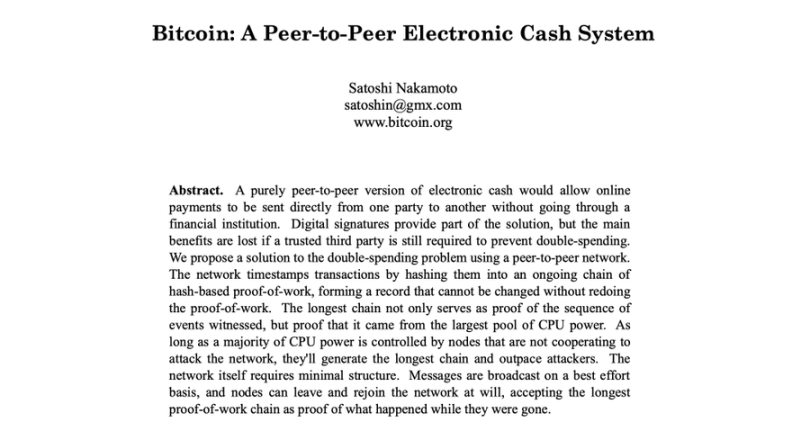
I first read the Bitcoin white paper (above) from a colleague, initially thinking it was a bit of a scam and not worth looking into. It wasn't until I checked the code and reread the paper that I thought, "Wow, this is incredible, this is amazing!" The concept of decentralized assets deeply moved me. It wasn't just about mining; it was a bigger vision that showed me that robust assets could exist outside the traditional financial system.
So I started buying Bitcoin and mining it myself. I set up my own mining operation at home, and over time, I realized there was a demand in the market, so I began offering mining services to others, and people started paying for it. Until one day, my wife asked me to move the machines out of the house because there was no more room. The house was filled with constantly running mining rigs. So I started renting space in a data center, and eventually built my own mining company. Of course, all of this happened naturally.
But ultimately, I made the decision to go all in.
Imagine being in a hospital, your wife is in labor, and you have to admit that you just spent all your savings on Bitcoin mining machines. That was my reality, and that moment could have had different outcomes. I felt nervous and anxious, but I was also filled with hope. I knew it was risky, but I believed that cryptocurrency could change our lives. My wife was understandably upset, but I assured her that this was an investment in our future. I understood that making well-considered risk decisions and pursuing my dreams was very important, even if it meant facing uncertainty and potential failure.
So I used that money to buy mining machines, placed them in a data center, and people paid to rent my machine time, keeping the mined Bitcoin while I charged a fee. Most of my orders came from the U.S., and my largest supplier was also in Texas. So considering my expenses with the supplier and the money I was making in the U.S., it made sense to develop the business there.
I then boarded a plane to the U.S. Initially, it was just a temporary six-month relocation to collaborate with suppliers while waiting for the mining machines to go live, but it ultimately turned into a long-term settlement. Of course, this wasn't my first sudden move to a new place, adapting to new environments and new friends.
A Nigerian Kid with an Aberdeen Accent
Let’s go back to the beginning of it all.
I was born in Nigeria and lived there until I was eight. At that time, my dad was pursuing a PhD in economics, so our family moved to Aberdeen in eastern Scotland while he studied for his doctorate (later, my brother followed the same path). Thus, I developed a strong Aberdeen accent—it's quite strange, you know, a kid from Nigeria speaking with a Scottish accent, it really is odd.
After my dad completed his PhD, we moved again, this time to England. He started working but soon made a bold decision—to resign and become a full-time pastor, dedicating himself to serving God. This made me realize: anything is possible, and you are not limited to past choices.
As for my mom, she was a natural entrepreneur, always investing in businesses and real estate. To be honest, she might be the best negotiator I've ever seen. When she went to the market, she could negotiate to an embarrassing degree, always getting what she wanted. She never easily accepted rejection… I might have inherited some of that from her, but certainly not to her level.
The journey wasn't always smooth—moving, adapting to new environments, and witnessing my parents bravely take steps forward. But looking back, I wouldn't change a thing. My parents provided me with immense inspiration throughout all of this: how boring it is to live in predictability.
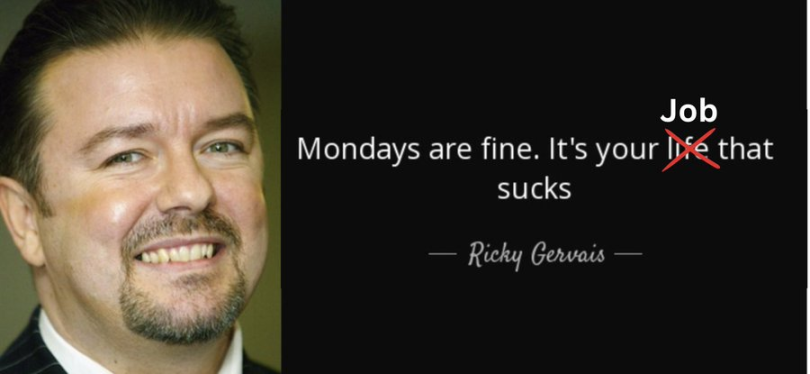
As you can see, I moved around a lot as a child and eventually studied at Queen Mary University. But to be honest, I had no interest in studying; I just wanted to play games and have fun. It wasn't until exam time that I realized how little I had studied.
I noticed that my old friends had little future; some ended up in prison, while others got involved in various dark things. I thought, this is not the life I want, especially since my parents are African; if I continue like this, I'm done for.
So I decided to change, to study hard, and I barely managed to get into Queen Mary University. After enrolling, I took a one-year introductory course to think about my future direction. I was very interested in astrophysics but gradually realized that I needed to do something more practical. The theory was nice, but I preferred things I could work on.
So I gave up astrophysics and switched to electronic engineering and computer science. Here, my passion for computers, programming, and software development began to truly grow.
After graduation, I worked at a startup developing software and hardware for remote monitoring of oil and gas production. Later, I transitioned to finance, starting to build trading systems and risk management systems. Working at JPMorgan and HSBC to build these systems was interesting, but it gradually became boring.
As I said, everything was too predictable. I could tell you what to do at every step from the moment I woke up to when I left. And I couldn't see where I could add long-term value and make a significant impact. I didn't want a 1% improvement; I wanted a 100x change, achievements that could be repeatedly discussed and be proud of.
Thus, moving to the U.S. for the Bitcoin mining company was a blessing for me because I realized that the technology Bitcoin pioneered was not just about peer-to-peer cash; it could change how our world operates. I began to see a bigger prospect.
Finding Clarity Through Burnout
After spending some time in the Bitcoin mining field, I felt a bit disappointed, because it seemed we weren't making much progress with Bitcoin. Mining was just one part of it; what else could we do?
Given my background in business, especially working for large banks, I began to feel that blockchain technology could be the key to solving enterprise problems. So, I decided to bring blockchain technology into enterprises. These experiences allowed me to work at Oracle and VMware, with VMware being a software company focused on cloud computing. Joining VMware was a new challenge for me; they were developing a blockchain-based enterprise solution, but progress was slow, and there were almost no other products, just algorithms left.
We needed to build new products, launch them to the market, sell them to enterprises and customers, and work hard to catch up with companies like IBM and Oracle that had been established before us. This put a lot of pressure on me.
I knew that the crypto industry was changing rapidly, and I had to launch products quickly because I understood that the feeling of failure was not good. I didn't want to fail because I didn't go all out; I couldn't accept that the reason for failure was that I didn't work hard enough.
Lessons of Competitiveness and Burnout
Worse still, I had always been very competitive. Whether it was playing football, basketball, or video games, I always wanted to win. For me, true victory was a big win. I didn't want to beat you 1-0 in FIFA; I had to win 6-0; the margin of victory had to be significant to feel satisfying, right?
Thus, in a short period, I took on a lot of responsibilities because there was just too much work. I found myself doing marketing, engineering, product development, and frequently traveling and attending meetings; it was just too much for one person, but I was very motivated.
I always told myself and the team, "We have to do our best because we are still behind; we need to launch this product as soon as possible." I worked 20 hours a day, seven days a week. On my way to and from the office, I was busy working and collaborating with people in different time zones. I felt unstoppable.
But soon I realized that the real problem wasn't the technology; we could handle the technology, but it was an ownership issue. Every company wanted to control the infrastructure they needed, which made it difficult to establish good collaborative relationships. Every company wanted a piece of the pie, and no one was willing to work together for a common goal. Thus, I experienced burnout for the first time, feeling like I had been hit by a truck. I was completely drained of energy within six months.
This experience made me realize that we cannot view failure as a short-term issue. We need to focus on long-term goals, which is the philosophy we have always followed in the Sui team. We are not just pursuing quick wins; we are building a truly decentralized internet.
This is not just about a 1% improvement; it’s about a 100x enhancement. I hope this is something I can repeatedly talk about and be proud of. But it also requires a team that equally pursues 100x results, and it all started with Facebook's Libra project.
Meeting the 100x Team
After experiencing career burnout at VMware, I came to Facebook.
At Facebook, I began participating in a project called Libra, which was very ambitious. Facebook formed a coalition aimed at creating a global digital currency and payment system. The reason that attracted me to join Facebook was their ability to achieve teamwork that we couldn't realize in our previous work: at Facebook, everyone could work together towards a common goal.
Although the "startup issues" I saw at Oracle and VMware still existed, I felt that Facebook addressed this problem through the Libra and Diem coalition, as they were committed to building this infrastructure for the world.
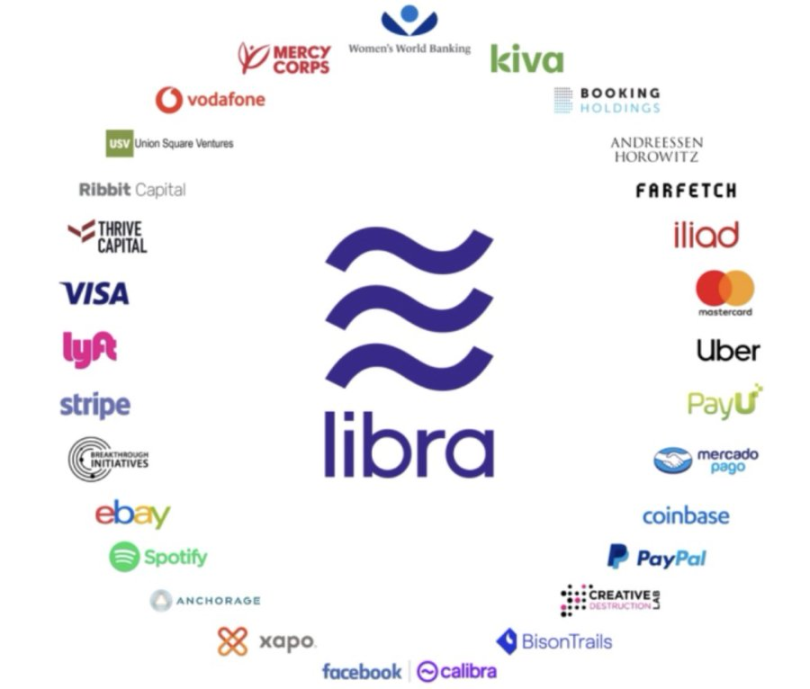
Our goal was to make transferring money online as easy as sending an email. We believed this was a public service that could truly help the world. Honestly, after going through previous experiences, working at Facebook felt much easier, and the environment was completely different.
Facebook assembled one of the best research teams I have ever seen. The team included professors from Stanford, outstanding computer scientists, and smart people from around the world.
My collaborations with David Marcus and Kevin Weil were very positive; everyone was passionate about achieving our goals, and the team atmosphere was great.
However, even with so many talented individuals, we still faced significant challenges. The biggest issue was that due to Facebook's past problems with public trust and data privacy, many people were skeptical about their launching a new financial system.
Think about it: if you woke up tomorrow and found that 2 billion people had "Facebook Bank" accounts, that would be the largest bank in the world. This would be frightening for any country.
The public generally thought, "I don't trust Facebook because it's a monopoly." This is the problem we wanted to solve: how to build trust on a foundation of distrust? As a result, Libra was not successful. In hindsight, we may have underestimated the pressure Congress put on Facebook. However, I genuinely believe that Mark and David Marcus should be commended for daring to try what others were afraid to do.
Ultimately, Facebook's failure opened opportunities for other companies like PayPal, Visa, and Circle. Their investment in Libra and the subsequent cancellation of the project actually opened doors for others, and I think they should be praised for that.
Seeing this excellent team fail due to external factors really saddened me. That was the best team I had ever worked with, and I had no idea what to do next.
An Excellent Team Without a Plan
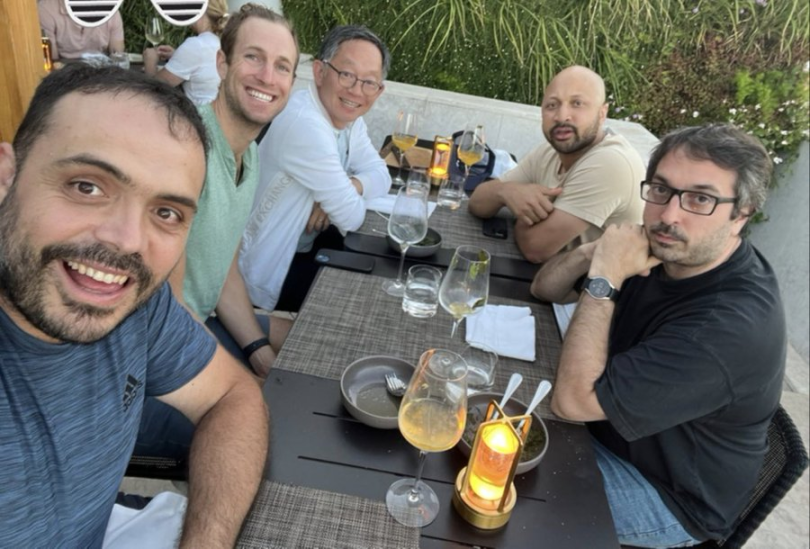
The five co-founders of Sui
I also want to say that the failure of Libra contained the seeds of success for me personally. Without that failure, I wouldn't have had the opportunity to collaborate with those talented individuals who ultimately came together to create Mysten Labs and subsequently launched Sui. Looking back on my time at Facebook, one thing that impressed me was how Evan and his team amazed me. Evan is an outstanding leader and a great visionary.
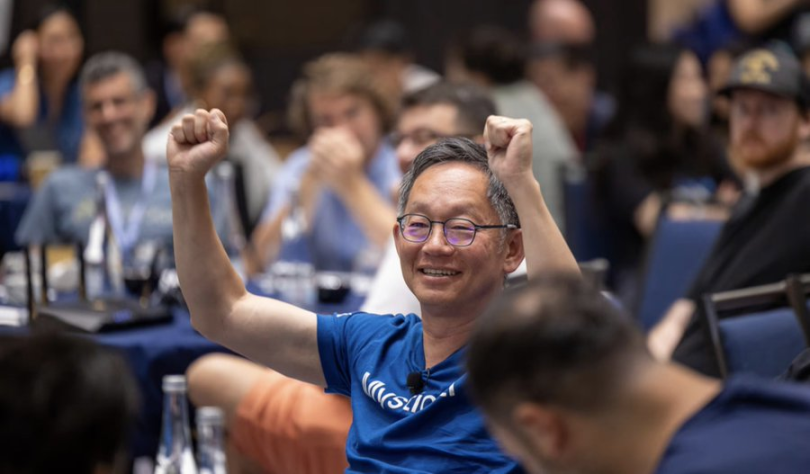
Evan
Evan is one of the main innovators of LLVM, a technology that supports most iPhones and countless other devices we use every day. It was a huge revolution in the tech world, and his work earned him the prestigious ACM Prize in Computing, which has also been awarded to many top computer scientists.
He led the R&D team at Facebook, and the team members were like mad scientists, creating various things we use daily. So when the opportunity arose to collaborate with Evan and his team, I immediately seized it, and this experience helped me build friendships with the future co-founders of Mysten Labs.
As the release of Libra/Diem seemed to have no end in sight, Evan and I got together. He asked, "If we were to start a company, who would you want to work with?" He posed the same question to the other founding team members. Everyone's answers were unanimous, and it was clearly a destined outcome. Sam Blackshear is one of Facebook's top engineers, and the Move programming language was his brainchild. This guy is a genius.
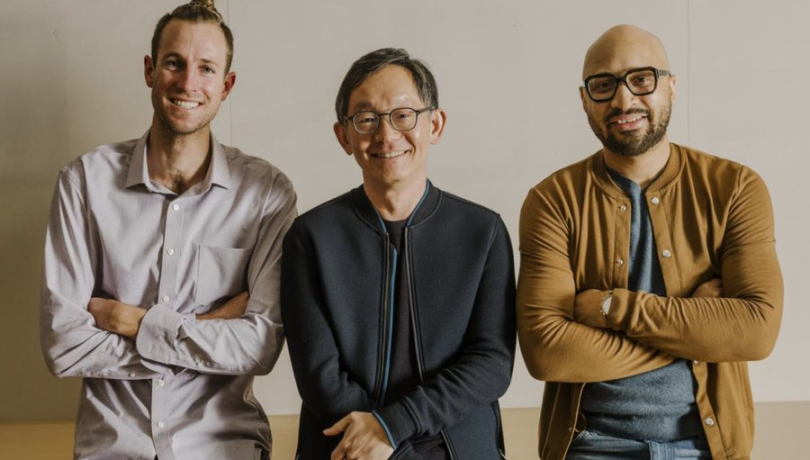
Left: Sam Blackshear; Center: Evan; Right: Adeniyi Abiodun
Next was consensus expert George Danezis.
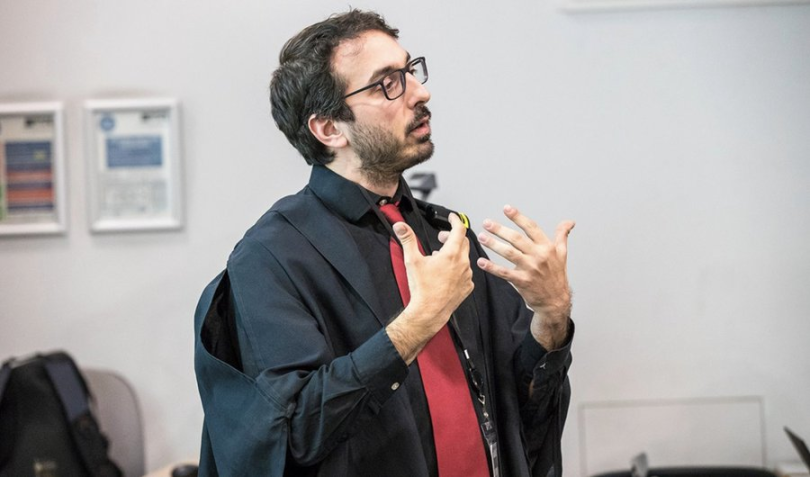
Facebook actually acquired his company Chainspace to help build Libra, which is enough to prove his capabilities.
Finally, there was Kostas ‘Kryptos’ Chalkias, whose ideas were truly astonishing.
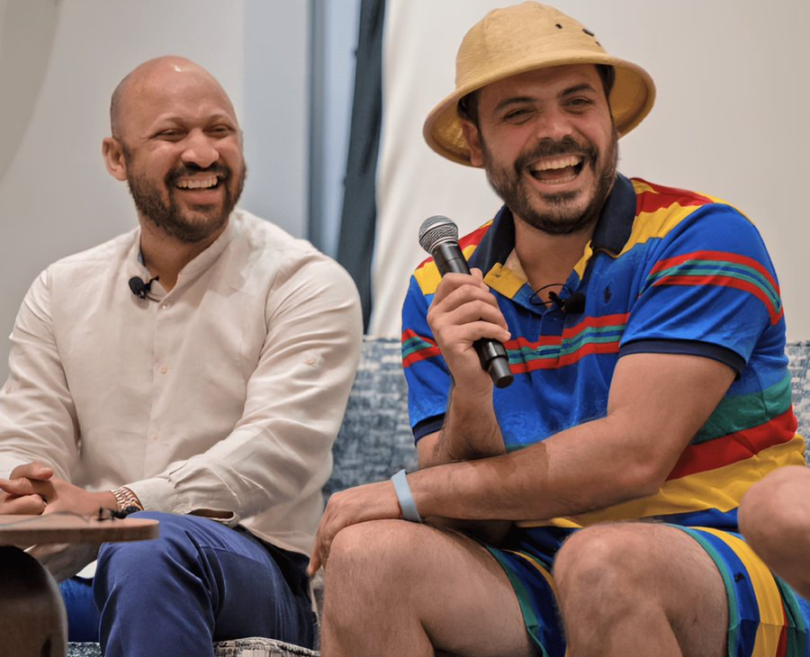
At Facebook, he was the go-to person for all things related to cryptography, and many of the cryptographic algorithms used in WhatsApp were developed by him; this app is one of the most widely used applications globally.
We held a conference call, and the names everyone mentioned were completely consistent. So we decided, "Let's just do it!" There was no debate over roles and responsibilities. To be honest, we didn't even know exactly what we were going to build, but we were clear on one point: we wanted to collaborate together. This is how Mysten Labs was born, and it was a great start.
A Global Coordination Layer for Smart Assets
The vision of Libra was to make remittances as simple as sending an email, relying on a coalition of multiple companies to control the infrastructure. When we founded Mysten Labs, we realized that this vision was too narrow. We wanted to build something bigger, more open, and decentralized.
We are also not pursuing quick success. As I mentioned earlier, this is not about a 1% improvement; it’s about a 100x enhancement, something I can repeatedly talk about and feel proud of.
The world is undergoing a complete digital transformation, and every asset is defaulting to a digital form. Nowadays, the internet excels at data transmission but falls short in conveying value or intent. If I want to transfer money to you, we face a chaotic array of protocols, none of which can truly control the funds.
So, what kind of infrastructure does the internet need to create a world where assets can be seamlessly built, coordinated, and combined?
If we are to have billions of assets, with everyone having their own assets, how can we coordinate the intentions of these assets in a unified way, allowing others to participate as well?
We realized that this is our mission.
Thus, from the ashes of Libra, the vision of Sui gradually emerged—a global coordination layer for digital assets. This is an ambitious goal.
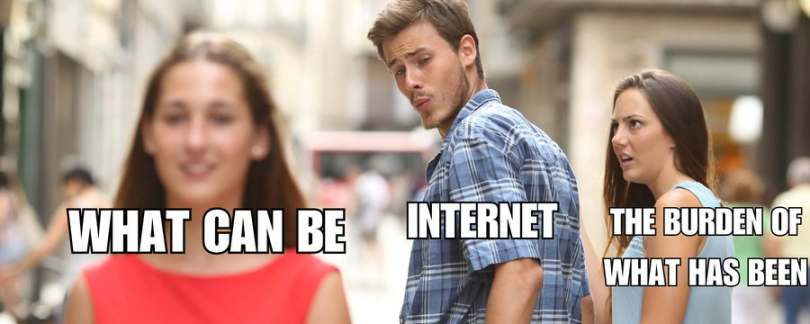
But the key is: we know we have the capability to meet this challenge.
We are not a group of tech guys just playing with cryptographic technology. The team includes many who have participated in building systems and applications scalable to billions of users. We have the necessary technology and practical experience to create a product that can truly operate on a global scale.
For me, everything fits perfectly: a grand vision, a team I completely trust, and the opportunity to have a profound impact on the future of the internet.
I believe we have enough talent to achieve this goal.
As the construction progresses, the strength of our team becomes increasingly evident. From the fastest consensus protocols to object-oriented approaches, to the best developer experience in the industry, Sui is gradually taking shape.
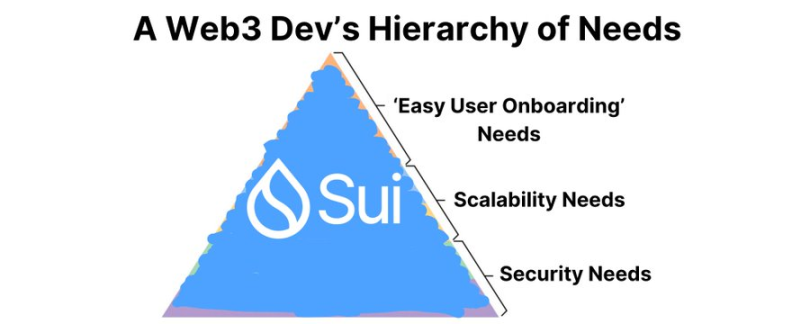
We also understand that a complete vision is not just a global coordination layer. We need a storage layer and network infrastructure. We are collaborating with Walrus to build a global storage layer. Next, we will establish a global network layer, and we are gradually building the entire technical system.
I can confidently say that currently, no other L1 blockchain can compare with the vision or technology we pursue at Mysten Labs. Moreover, no other company can have the talent that our team possesses. This is why I believe we can succeed. As I mentioned earlier, I hate failure. I am not good at accepting failure, and this is why I firmly believe we will win this race.
You might ask, why am I spending so much time telling my story instead of directly discussing the exciting content of Mysten Labs. I think it's important to understand my background so that you can see the bigger picture. On the surface, it may seem smooth sailing, but it is not. Like the crypto world, my journey has been full of twists and turns—unstable, uncertain, sometimes even risky, and perhaps a bit reckless. If you've made it this far, thank you for your patience. If you're more interested in the vision of Sui, see you in the next article, where we will delve deeper.
免责声明:本文章仅代表作者个人观点,不代表本平台的立场和观点。本文章仅供信息分享,不构成对任何人的任何投资建议。用户与作者之间的任何争议,与本平台无关。如网页中刊载的文章或图片涉及侵权,请提供相关的权利证明和身份证明发送邮件到support@aicoin.com,本平台相关工作人员将会进行核查。



